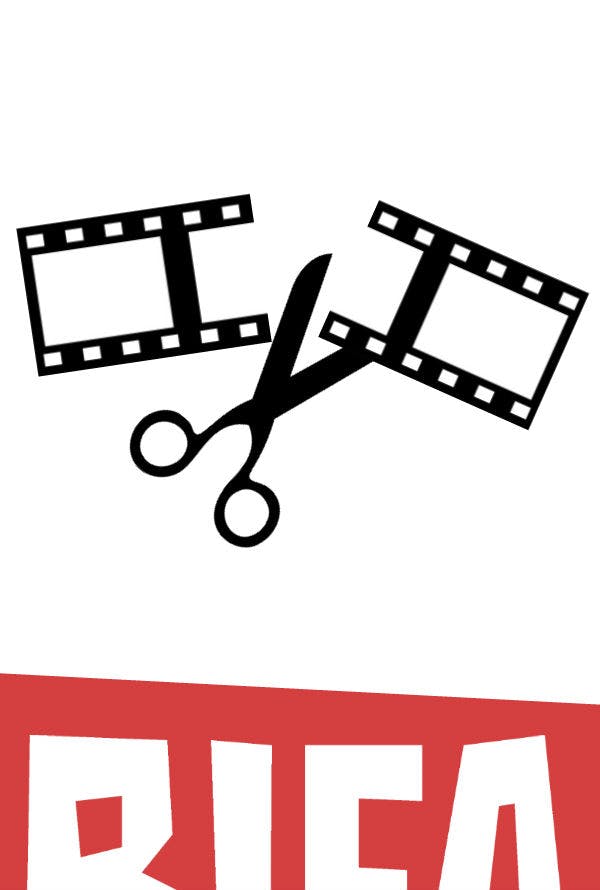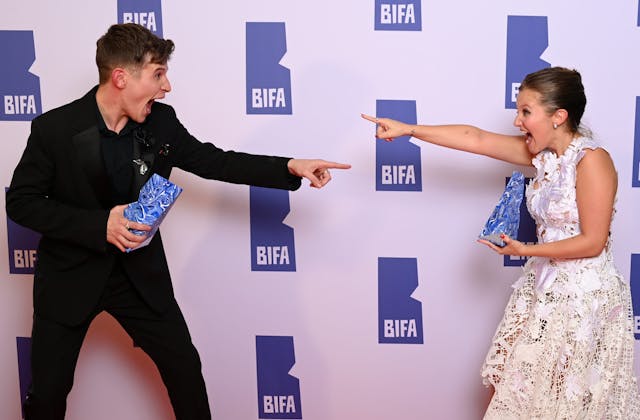BIFA Insider is our new series of online screenings of BIFA-winning films and interviews with key creatives who helped make them. Through BIFA Insider our award-winning experts relay their experiences and knowledge, explain how to get work and give insight on what it’s like to work on British independent films.
Today we expand on our interview with Chris Wyatt, editor of the BIFA Best Director-winning film ’71, to get more perspectives on editing. We’ve spoken to five established industry professionals, all editors behind some of the most successful British independent films of the past few years:
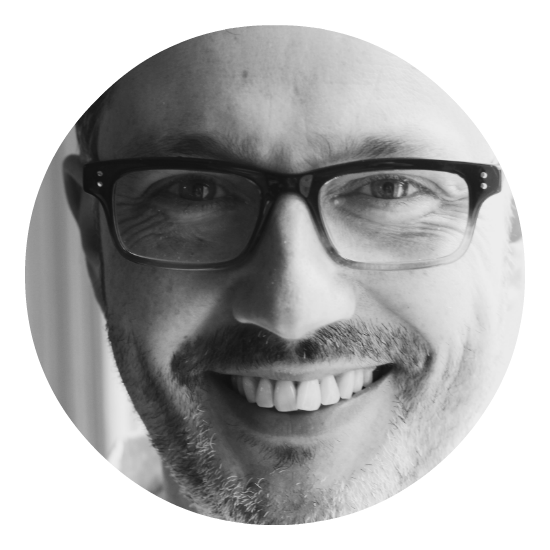
Nathan Nugent – IMDB
A collaborator of Lenny Abrahamson’s, Nathan has worked as an editor on numerous trademark independent films such as What Richard Did, BIFA-winning Frank and BIFA and Oscar-winning Room.
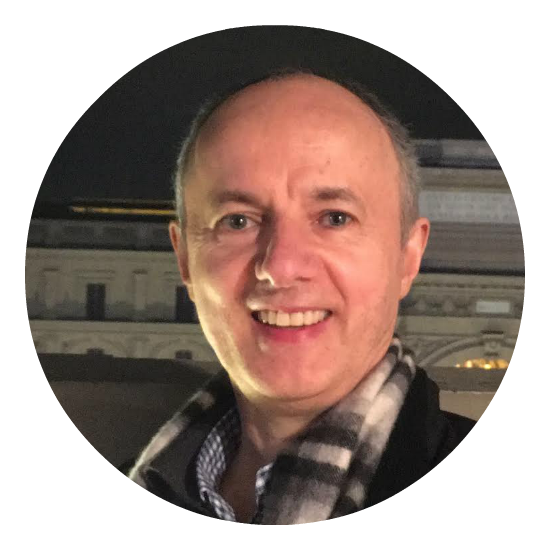
Mark Day – IMDB
Mark has worked as an editor for almost 30 years. His past projects include BIFA-winning Ex Machina, About Time and the latter four Harry Potter films. He is also currently working on Fantastic Beasts and Where to Find Them, which can be seen in theatres later this year.
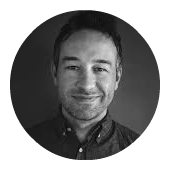
Jonathan Alberts – IMDB
A TV and feature film editor, Jonathan’s most notable work includes BIFA-nominated 45 Years, Like Crazy and Wristcutters: A Love Story.
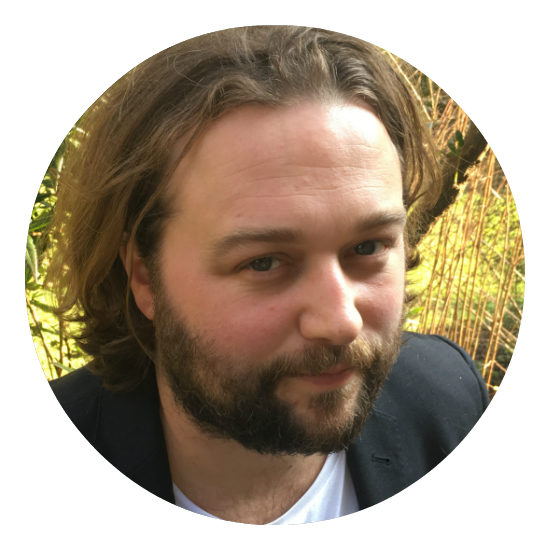
Jake Roberts – IMDB
With 15 years’ experience, Jake Roberts’ influence has shown on films such as BIFA-winning Brooklyn, Starred Up and Perfect Sense.
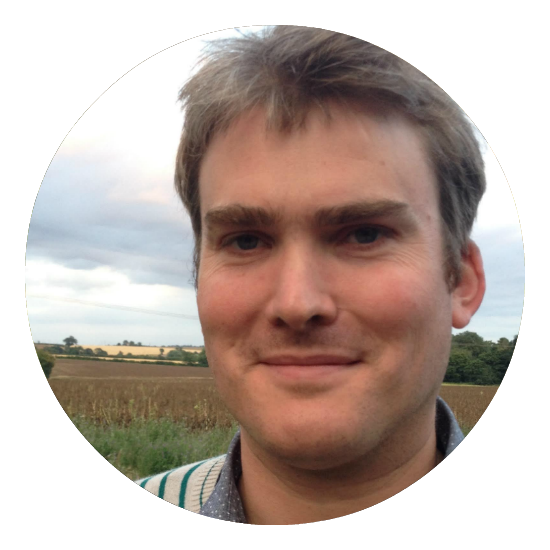
Peter Lambert – IMDB
Peter Lambert has served as an editor for over a decade but has definitely made his mark on the industry, working on films such as Woman in Gold, Children of Men and The Twilight Saga: New Moon.
________________________________________________________________________________
“I made some dreadful short films, and found that editing was a part of the process I enjoyed the most.”
(Peter Lambert)
How did you get into editing?
Nugent: I studied Film and Television in college, and pretty much specialised in film editing in my last two years. I would cut my own short films, and anyone else’s. Even if I wasn’t sure if I could forge a career in editing in the real world, I knew that it was a way to unlock a lot of the medium’s secrets, or at least explore and make a lot of mistakes that could then be undone! Once I knew I had the patience and the curiosity, editing film became a constantly rewarding occupation.
Day: My father was a DoP so I spent a fair amount of time around film sets from a very early age, and I think that the excitement of making films seeped into my DNA. I was very interested in editing and applied for the BBC where I became a trainee assistant editor, then an editor a few years later. Whilst I was an assistant, I worked with producer Innes Lloyd, who then gave me my first break as a drama editor on a film called Number 27. From there I edited various BBC films with directors like John Schlesinger, Jack Clayton, Richard Eyre and Paul Greengrass, and learnt a great deal from all of them in different ways. I also worked with David Yates at the BBC on a series called The Sins and ended up making highly acclaimed TV dramas like State of Play and Sex Traffic for Channel 4, and then the last four Harry Potter films together. Our collaboration continues to this very day as we are now working on Fantastic Beast and Where to Find Them.
Alberts: I knew I wanted to work in film in some aspect but it seemed so distant and unattainable. I was working at a tech company with an English Literature degree and I knew very little about the nuts and bolts of film. That company began a series of short-form documentaries and I knew that, if I could work on them in some capacity, I’d be closer to doing something I wanted. I started out photocopying and slowly proved myself to the editor and director that I could take on more responsibility. They eventually had me assist and then edit.
Lambert:When I left school, I wanted to be a theatre director, and went to university to study drama. But over the course of three years, I discovered that the thing that really excited me was cinema. I made some dreadful short films, and found that editing was a part of the process I enjoyed the most. Editing allows you to be creative while also developing a tangible craft; something about that combination appealed to me.After university I worked in TV for a couple of years; then I took a masters at the National Film & Television School, specialising in editing.
“Somebody once told me: you have one mouth and two ears and you should use them in those proportions.”
(Jonathan Alberts)
________________________________________________________________________________
What advice do you have for young editors seeking to follow in your footsteps?
Nugent: My first piece of advice would be follow in your own footsteps. No one wants a clone of another editor, and everyone has their own voice, so find projects to express yourself. It will give you a better sense of what kinds of films you ultimately want to work on, and whether you enjoy one thing over another. Some people are well suited to work on a single film for 6-7 months, constantly revising and re-cutting, other editors prefer to work on the shorter turnaround of serial television, others on short form like trailers. Keeping a hand in all of these is important, but particularly early on in your career.
Day: I know how hard it is to get a break into editing drama these days but the best thing I think a young editor can do is edit as many short films or documentaries as possible with as many directors as they can. One day, one of those directors may be offered a low budget feature film or an interesting TV drama and, if you have formed a good friendship and good working relationship with them, then hopefully he or she will ask for you to edit that new project. The other advice is NEVER give up.
Alberts: Start small. If you want to edit you have to work close to, next to or with editors. If that means you’re a post PA, then that’s a start. Be perceptive. Editing is very much about understanding people, their motivations and their personalities. Being a person who listens more than they talk is extremely helpful. Somebody once told me: you have one mouth and two ears and you should use them in those proportions. My advice to young editors is always about being the best person you can be. You get recognized for your attitude, your work ethic and your attention to detail.
What is the biggest misconception people have about editing?
“That it’s a job for sweaty, socially challenged technicians who chop out the mistakes.”
(Peter Lambert)
Roberts: Get as much actual editing experience as possible and be wary of doing too much assisting. These days the skill sets between assisting and editing are almost entirely unrelated and it’s very rare you’re even able to be in the same room as the director, far less learn anything useful. It took me 14 years to get to the stage where I was regularly working on the type of films I aspired to but all that time I was cutting week in week out, documentaries, corporate videos, music promos, commercials, format television. It was all great experience and it helps you technically – in that you get really fast at operating, personally – in that you get good at working with directors (the bad ones tend to be more testing) and most importantly narratively – in that nothing teaches you more about story than trying to make sense of 200 hours of incoherent footage. If and when you eventually get to work with rushes that are actually well written, acted, lit and directed, it’s a walk in the park.
Lambert: There’s no set way into the industry. You have to be determined, hardworking, somewhat tenacious, and (in my case at least) unbelievably lucky.
“I will always embrace having too much footage as opposed to too little.”
(Nathan Nugent)
________________________________________________________________________________
Do you have a particular type of sequence or film that is your favourite to edit (e.g. chases, fights, travel sequences…)? Why?
Nugent: I don’t have one particular type of sequence that I prefer to work on, only because I’m always conscious of how any one moment feeds into the entire narrative. What was satisfying about a (slightly) bigger budget film like ‘Room’, is that it had slightly more flexibility in terms of extra set ups. This flexibility to pick up extra footage served the escape scene in the film particularly well, but I always knew that most of the scene’s tension was dictated by whether the previous 40 minutes or so were as involving as they needed to be. I will always embrace having too much footage as opposed to too little. Luckily, working with someone like Lenny Abrahamson, I’ve had the opportunity to work on films that have had elements of tension, comedy, tragedy, song, horror and humanity (usually all in the same place). Sometimes in fact, the moments that stand out in an edit are the times where a scene that was once jettisoned comes back to life in a different way or place in the film. Reimagining is a big part of how editors work these days.
Day: The simple answer is that I love all types of sequences as far as editing is concerned, and each one brings with it, it’s own joys and conundrums. Action sequences are fun to do obviously, where there is plenty of material and an infinite number of ways of editing it. But to get one’s teeth into a five or six-page dialogue sequence can be equally thrilling, especially if it’s an intelligent script like with Ex Machina (that I edited). It’s totally absorbing and fascinating in the way it can come together dramatically.
Alberts: My favourite scenes to cut are quiet ones; a conversation, looks between characters or ones that have a quiet power with the least amount of pomp can be the most fun. It can be very rewarding to cut a big complicated montage with a lot of moving parts and many audio tracks but the scenes that quietly fall under the radar, that are the least showy, are often the most difficult. And in those difficulties you often get to explore a wide range of humanity. Editing is about asking questions of your characters. Would he do that? Why would she react that way? What does that look mean? The simple scenes tend to provoke the most questions and searching for exactly the right answer in the cutting room is one of my favourite things to explore.
Roberts: I’m not sure that have a favourite but I would say that I think action or primarily visual sequences are easier than long dialogue scenes. Selecting the shot that looks best or has most energy is generally pretty straight forward, but making the right series of subtle, relative choices in a four page dialogue scene where the nuance of performance can vary enormously is endlessly challenging and usually takes far longer.
Lambert: I don’t think I have a preference. In fact, I’m drawn to projects that are likely to combine different types of sequence, partly because that tends to make for more compelling films, partly because it’s nice not to do the same thing every day.
“In the best case, editing has the power to turn a comedy into a tragedy and vice versa.”
(Jonathan Alberts)
________________________________________________________________________________
What is the biggest misconception that people have about editing?
Nugent: That it is a technical job. Editors need to know a certain amount about the technical specifications of the film that they’re working on, sound and VFX workflows, and how best to use their editing software, but no editor is ever hired for those reasons. An editor is someone who will ultimately bring value to the storytelling process, and who will help a director to best realise his/her vision. Day: There is no doubt that explaining the editing process to the layman is a difficult concept. I’d say the biggest misconception is that some people think that the only thing an editor does is ‘cut the clapper board’ off the beginning or end of every slate and join them together… and that produces a film! That could not be farther from the truth. Editing is an incredibly intricate and important part of the filmmaking process and many of the most important decisions are made in post-production during the editing of the film.
Lambert: That it’s a job for sweaty, socially challenged technicians who chop out the mistakes.
Roberts: That it is a visually driven craft mostly concerned with choosing the camera angle. I think it’s an emotionally and narratively driven craft mostly concerned with choosing the right piece of performance and which bit of the script should go where.
Alberts: One of the biggest misconceptions about editing is that people think it is a technical process. Even if people understand that it’s not just technical they’ll talk about how creative it is without really understanding how or why. In the best case, editing has the power to turn a comedy into a tragedy and vice versa. Editing is not about one single discipline but about every single one of them. It is not a concrete exercise about shot selection or continuity but a craft that rests on humanity, emotion and story telling.
________________________________________________________________________________
Thanks to Mr. Nugent, Mr. Day, Mr. Alberts, Mr. Roberts and Mr. Lambert for honouring us with some of their time. Be sure to take a look at our video interview with ’71 director Chris Wyatt on the BIFA Insider section of the site.
The next BIFA Insider session is on the 22nd March, featuring BIFA Producer of the Year winner Kajaki: The True Story, with interviews with producer & director Andrew de Lotbiniere & Paul Katis. Sign up here.
